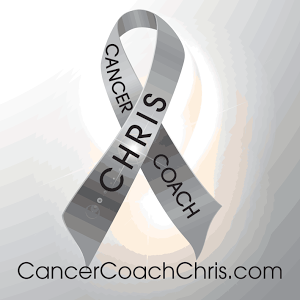Researchers in Seattle are promoting the benefits of vigorous exercise, specifically weight lifting, for cancer survivors trying to restore muscle mass and fight fatigue.
Cancer treatments, such as radiation, chemotherapy and surgery can drain the energy out of anybody. Patients often feel the need to rest until they get stronger. Cancer survivors know they eventually need to get moving again, to exercise, but it's hard, says Dr. Karen Syrjala at the Fred Hutchinson Cancer Research Center.
"It's as hard, or harder, after cancer to do these things that in theory we can control but that are very hard to overcome the body's wish to rest."
Among the biggest complaints of cancer survivors are fatigue and muscle loss.
"So it seemed to us that that muscle loss and fatigue went together and that we had a ready intervention that they need," said Syrjala.
Researchers studied 221 cancer survivors who took part in a 12-week strength training program called "Exercise and Thrive," conducted at Seattle area YMCAs. Personal trainers attended a two-day workshop for addressing the needs of cancer survivors.
What researchers discovered was that study participants gained notable improvement in blood pressure, muscle mass, body strength, endurance and flexibility. Their findings are reported this week in the 'Journal of Cancer Survivorship
"Essentially we found effects that exceeded our expectations in that we reduced fatigue. We reduced pain. We improved sleep, and we also improved mood, improved muscle aches and pains, joint stiffness," said Syrjala.
Studies have shown that just half of oncologists ask about their patients' physical activity on some or most visits. Syrjala says her research concludes that lifting weights is not just a good idea, it can reduce the risk for recurrence of cancer.
Dr. Syrjala expects the research to produce a shift in thinking about the merits of vigorous exercise for cancer survivors. "Because what we're seeing is that exercise is not only safe during and after treatment but that it's essential to maintain health and energy after treatment."
Dr. Syrjala says two-thirds of people diagnosed with cancer now will be long-term survivors, meaning five years or more. The study concludes that since the benefits of physical activity have been shown as soon as the time of cancer diagnosis, it might be a good idea to recommend community-based exercise programs, even strength training, much sooner for cancer patients.



No comments:
Post a Comment